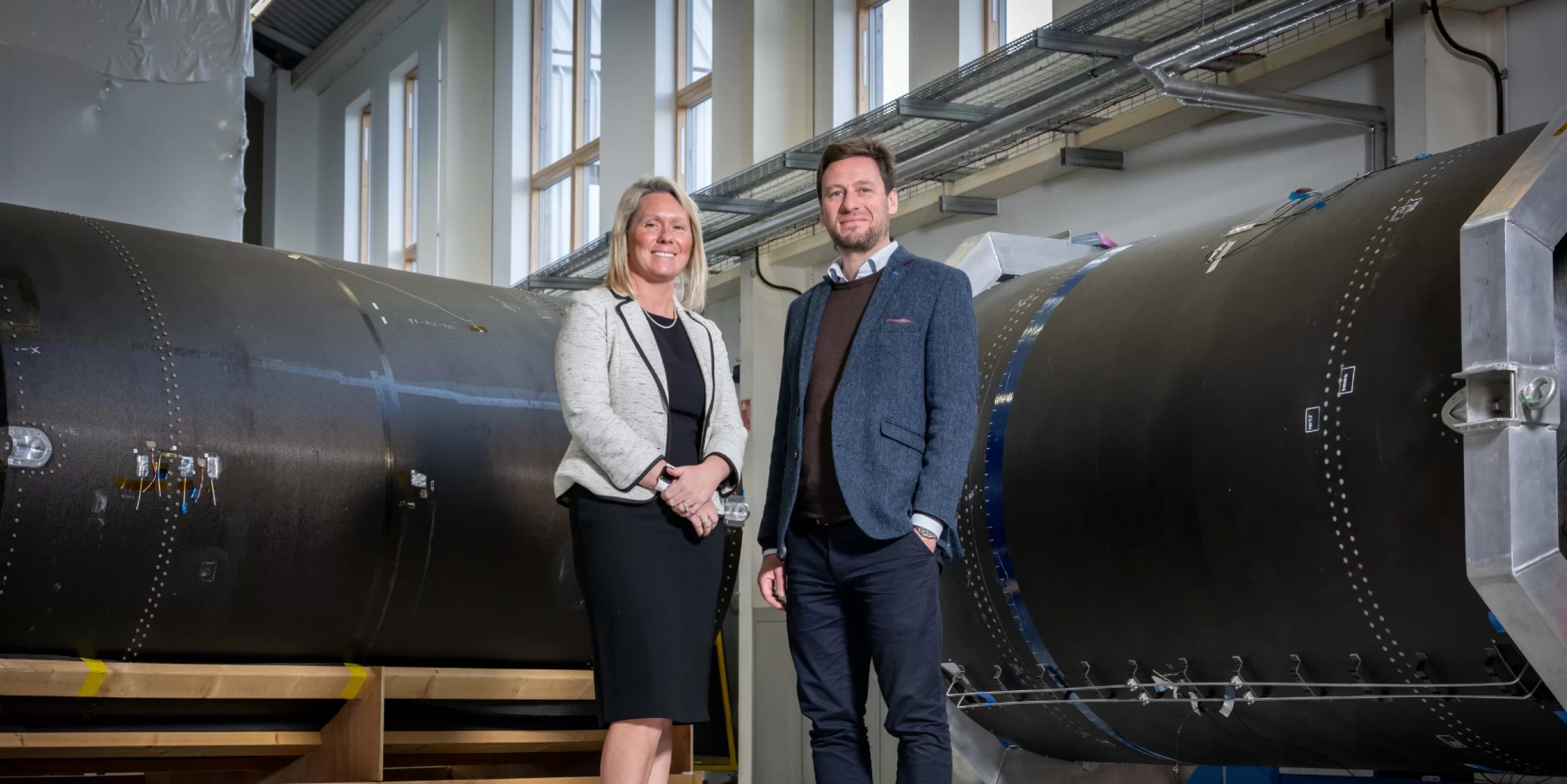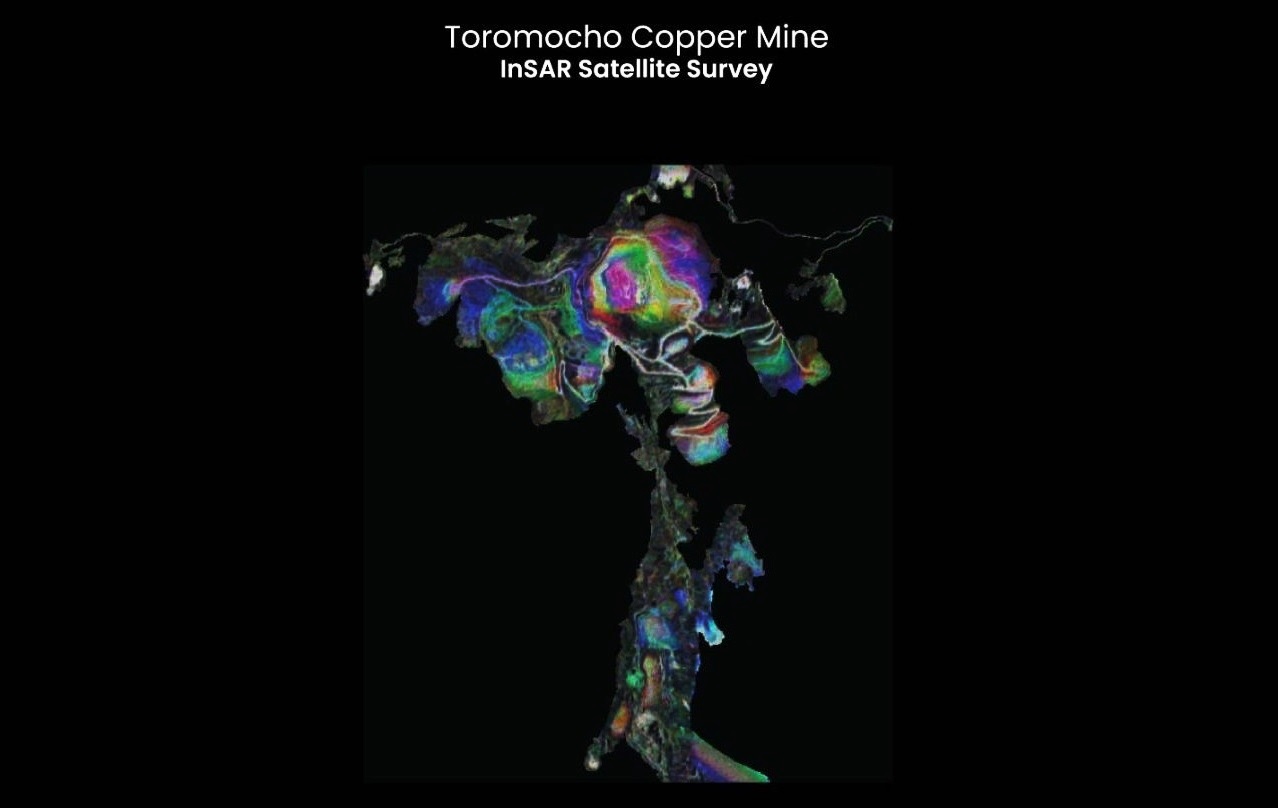Tim Peake awarded an Honorary Degree of Doctor of Science

During his visit, Tim described the first time he looked out of the window of the International Space Station, how he achieved his dream of becoming an astronaut and his hopes for the future of space exploration.
Tim returned to Earth in June 2016 after a historic six-month stay on the International Space Station (ISS). Tim was the first British ESA astronaut to visit the Space Station where he spent his time as part of the international crew.
Tim said: “Looking out of the Cupola window from the ISS for the first time down on planet Earth was a very special moment. It was one that clearly I’d thought about and looked forward to – any astronaut who goes into space knows that it’s going to be one of the greatest things they’ll see and it didn’t disappoint in any way.
“What surprised me were a number of things, firstly how thin the atmosphere is - you get 16 sunsets and sunrises a day which really shows how thin our atmosphere is. But also in the daytime it’s very hard to spot any signs of habitation on Earth – through a camera lens obviously you can or through a telescope but with the naked eye it’s just one big geological feature and you get to appreciate the planet in a different way, in a way you haven’t seen before.
“At night time it’s different. It comes alive with cities and lights and you get to see the pattern of human migration. It really (helps) to be able to appreciate the beauty of our planet in a number of different ways – the scale of the weather systems, the aurora Borealis and Australis are absolutely phenomenal. The first time I looked out was a very big wow factor obviously but then you see the planet and you look at the big picture. The longer you spend in space the more you look at the detail and I never got bored looking out of the window as there was always something new to see. You start to focus in on small patches – maybe volcanos that you’re keeping an eye on because they may erupt in a few days’ time or something like that and it’s wonderful, always-changing and very dynamic world that we live in."
Tim’s mission to the ISS, called ‘Principia’, used the unique environment of space to run experiments as well as try out new technologies for future human exploration missions.
He said: “Education is very important for a career in aerospace - we’re always trying to promote STEM skills with our future generation of scientists and engineers and that was certainly a big part of mission Principia was to try and reach out to our younger generation. I think that what is does is – a solid education, a solid foundation in stem skills gives you the opportunities – it opens the door in order the make these career choices in the future.
“That’s not to say that you can’t do that later in life. In fact I myself left school at 18 – I did have a maths, physics and chemistry background at A-Levels but it wasn’t until 33 that I did my degree in Flight Dynamics so you can always acquire these skills later in life. It really is about creating opportunities for yourself and in that respect education is very important in giving you those choices.”
Talking about the future of human space exploration, Tim said: “My hopes for human space exploration are that we continue to work in this international and multicultural environment. Space and science has this wonderful ability to be able to transcend national boundaries and languages, borders and political differences as well and I hope that continues because what we need in terms of human space exploration is a vision and a long term plan and that requires stability and international partnerships in order to give it that stability and that vision. The ISS at the moment will form a model of how we can continue that in the future and do our missions to Mars and beyond.”












